Ovulation is a natural and healthy event for women. In normal menstrual cycles, ovulation typically happens in the middle of the menstrual cycle which is about 14 days before the next menstrual cycle. Tracking your period cycles can be very important if you suffer from PCOS because it can help to determine when you are most likely to be able to get pregnant.
What is PCOS?
PCOS, or polycystic ovarian syndrome, is a hormonal disorder that can affect a woman’s ovulation. PCOS is one of the most common causes of infertility in women. The symptoms of PCOS can vary from woman to woman, but the most common symptom is irregular periods. Other symptoms of PCOS can include:
-Weight gain
-Fatigue
-Acne
-Hirsutism (unwanted hair growth on the face, chest, and back)
-Insulin resistance
-Infertility
There is no one cause of PCOS, but it is believed to be caused by a combination of genetic and environmental factors. Women with PCOS are more likely to have a mother or sister with the condition. Obesity can also increase your risk of developing PCOS.
Read more: Is PCOS Genetic?
Symptoms of PCOS
There are a variety of symptoms that can be associated with PCOS. Many women with PCOS will have irregular periods, and may also experience infrequent or absent periods. Other common symptoms include weight gain, acne, and excess hair growth on the face and body. Additionally, women with PCOS may have difficulty becoming pregnant.
If you are experiencing any of these symptoms, it is important to speak with your doctor to determine if you have PCOS. While there is no cure for PCOS, there are treatments available that can help manage the symptoms and improve your overall health.
How does it affect fertility?
Ovulation for women with PCOS can be affected in a number of ways. The most common way that PCOS affects fertility is by disrupting the normal ovulation process. PCOS can also cause changes in the levels of hormones involved in ovulation, which can make it difficult for a woman to become pregnant. In addition, PCOS can lead to problems with the development of the egg and the lining of the uterus, both of which are necessary for a healthy pregnancy.
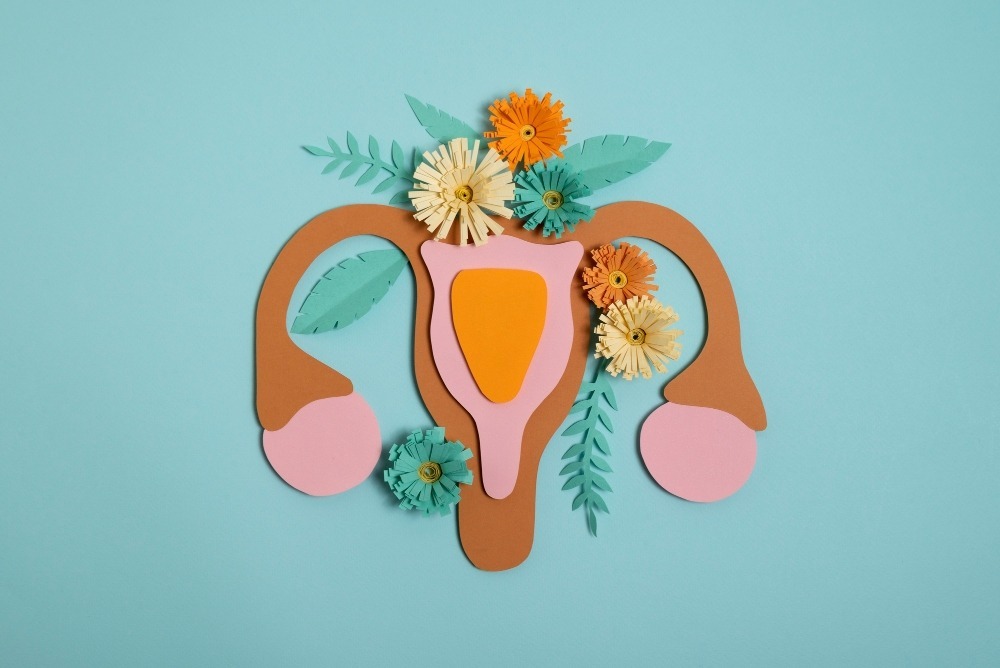
Tracking Period Cycles
For women with PCOS, tracking their period cycles is an important way to monitor their health and identify any potential problems. There are a few different ways to track period cycles, and each has its own advantages and disadvantages.
One way to track period cycles is by keeping a menstrual calendar. This involves recording the date of each menstrual cycle, as well as any other relevant information such as the length of the cycle and the severity of symptoms. This can be a useful way to identify patterns and trends over time, but it can be difficult to keep track of everything if you have a busy lifestyle.
Another way to track period cycles is through fertility awareness methods (FAMs). These involve monitoring your body for changes that occur during ovulation, such as changes in body temperature or cervical mucus. This can be a more accurate way to track your ovulation than a menstrual calendar, but it can be more time-consuming and require more commitment.
If you’re trying to get pregnant, tracking your ovulation is especially important. There are many different ovulation prediction kits available that can help you predict when you’re most likely to ovulate. These kits usually work by measuring levels of luteinizing hormone (LH) in your urine, which increases just before ovulation occurs.
Cycle tracking can help you better understand your body’s patterns and give you a starting point for conversations with your doctor and health care providers. Above all, PCOS or not, periods are a great insight into your health and nutritional status and must be tracked to ensure cycle lengths are not greater than 28-32 days.
If you go three months without a period or have fewer than 10 periods per year, it’s time to reach out to your healthcare provider. You don’t need to track your cycle by doing anything more than jotting down when your period comes.
Ways to Track your Cycle
- Period tracking apps— Not only do you get a digital record that you can revisit and analyze anytime, but also predictions on the app on when your next period cycle might be.
- Ovulation predictor kits (OPKs)— ovulation tests, work by measuring the amount of luteinizing hormone (LH) in your urine. Since LH surges about 24-48 hours before ovulation, tracking LH is one of the best predictors of when you’re likely to ovulate.
- Cervical mucus— Another way to clue you into your menstrual cycle is to keep tabs on your cervical mucus. At different times in your cycle, you might notice changes in the amount (and type) of mucus your cervix produces.
No matter which method you use to track your period cycles, it’s important to be consistent and patient. It may take several months (or even longer) of tracking before you can predict your period cycle.
Conclusion
If you’re a woman with PCOS, there’s no need to despair when it comes to your fertility. By working with your doctor and making some lifestyle changes, you can increase your chances of ovulating and getting pregnant. And while it may take some time and effort, the rewards are well worth it.




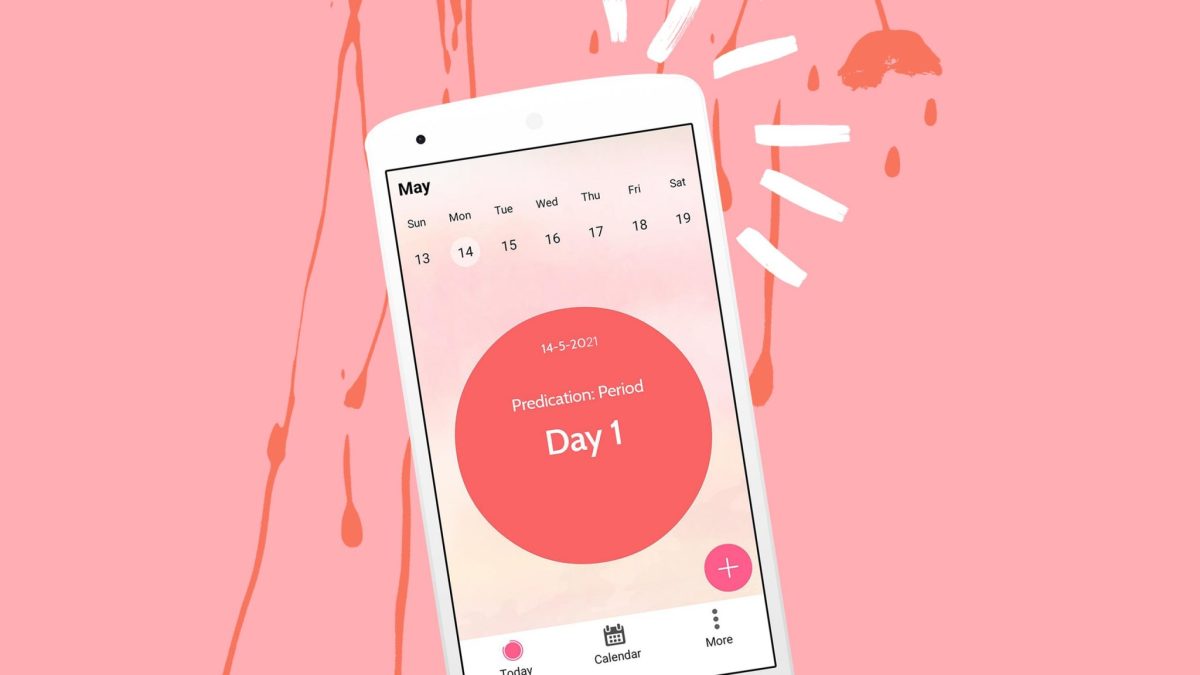

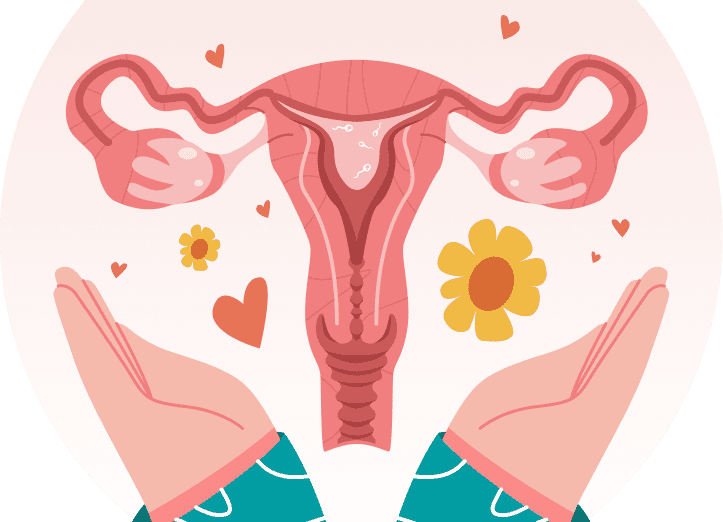
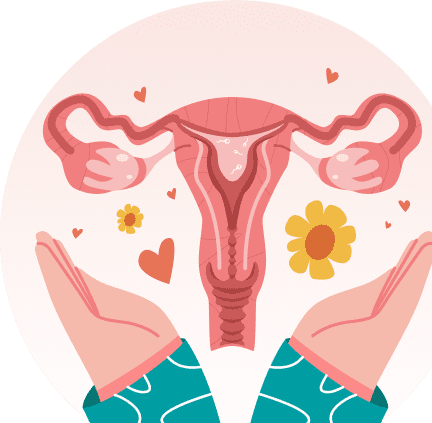


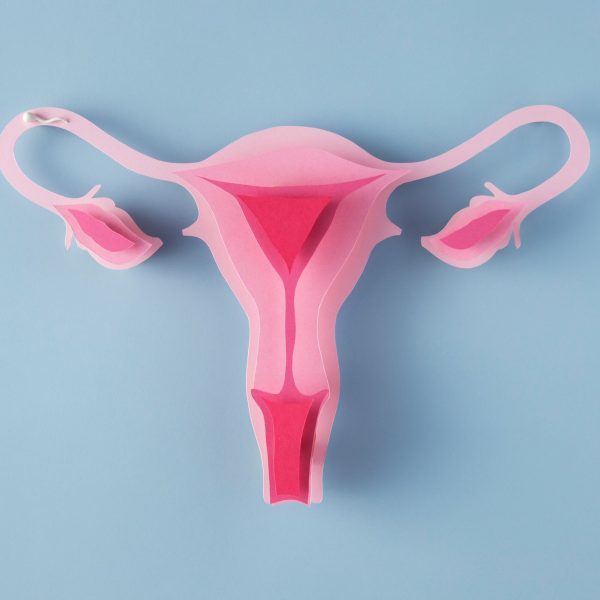









Share this article